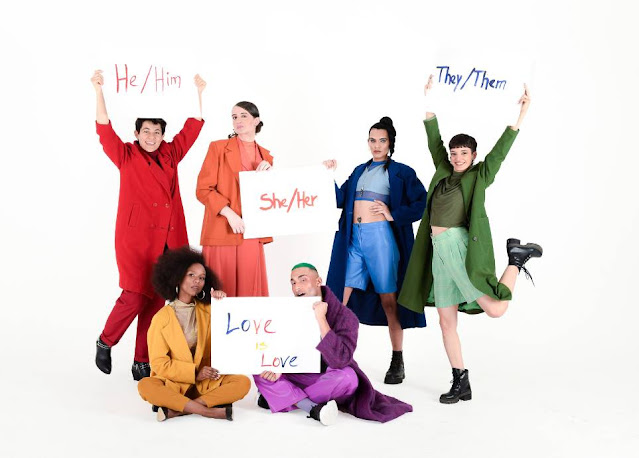Pronouns: Your Shortcut to Clear and Concise Communication
Pronouns are like the superheroes of sentences. They swoop in to save us from repeating nouns over and over, making our communication smooth and efficient. In this article, we'll explore the world of pronouns, understanding their different types and how they help us express ideas without unnecessary repetition.
Personal Pronouns
Personal pronouns are used to replace specific people or things. They come in three forms:
Subject Pronouns: These pronouns are used as the subject of a sentence, doing the action. Examples include:
- I - I love to read.
- he - He plays the guitar.
- she - She is a doctor.
Object Pronouns: Object pronouns are used as the object of an action or after prepositions. Examples include:
- me - She gave the book to me.
- him - I talked to him.
- her - The gift is for her.
Possessive Pronouns: These pronouns show ownership or possession. Examples include:
- mine - The dog is mine.
- yours - Is this book yours?
- theirs - The house is theirs.
Demonstrative Pronouns
Demonstrative pronouns are used to point to specific nouns. They include:
- this - This is my favorite book.
- that - I want that one, please.
- these - Are these your keys?
- those - I don't like those shoes.
Demonstrative pronouns help us refer to things without repeating their names.
Relative Pronouns
Relative pronouns introduce relative clauses, which give more information about a noun. Common relative pronouns include:
- who - The person who helped me was kind.
- which - The book which I borrowed is interesting.
- that - The car that I bought is blue.
Relative pronouns connect sentences and add details to the main idea.
Interrogative Pronouns
Interrogative pronouns are used to ask questions. They include:
- who - Who is at the door?
- what - What is your favorite color?
- which - Which movie do you want to watch?
Interrogative pronouns help us seek information.
Indefinite Pronouns
Indefinite pronouns refer to nonspecific people or things. Examples include:
- everyone - Everyone is here.
- anything - Is there anything to eat?
- nobody - Nobody likes chores.
Indefinite pronouns help us talk about general or unknown things.
Reflexive Pronouns
Reflexive pronouns are used when the subject and object of a sentence are the same person or thing. Examples include:
- myself - I did it by myself.
- himself - He hurt himself.
- herself - She made it herself.
Reflexive pronouns emphasize that the action is done by and to the same person or thing.
Intensive Pronouns
Intensive pronouns are used for emphasis. They look the same as reflexive pronouns but are used differently. Examples include:
- myself - I myself will handle this.
- himself - He himself solved the problem.
- herself - She herself knows the truth.
Intensive pronouns emphasize the subject of the sentence.
Pronouns are versatile words that make our language concise and clear. By using the right pronoun, we avoid repetitive and cumbersome sentences. So, embrace the power of pronouns, and watch as your words become more efficient and effective in conveying your thoughts and ideas!


Post a Comment
Links will not work in comments